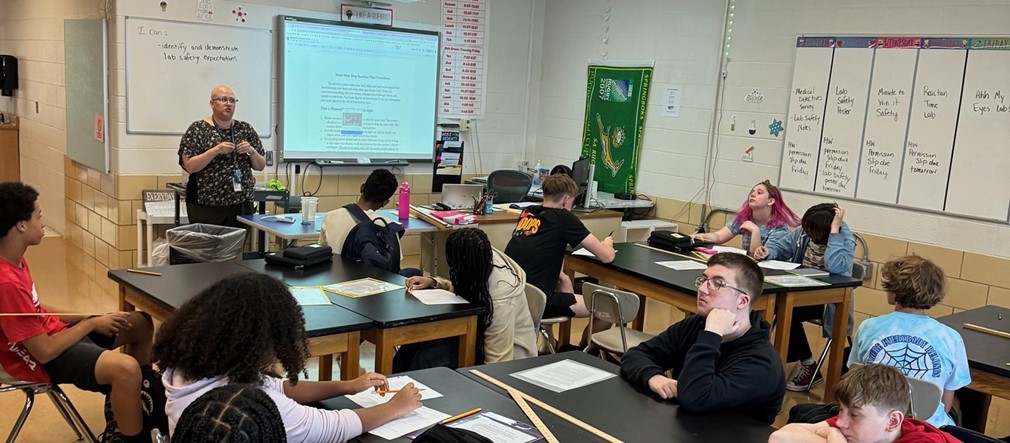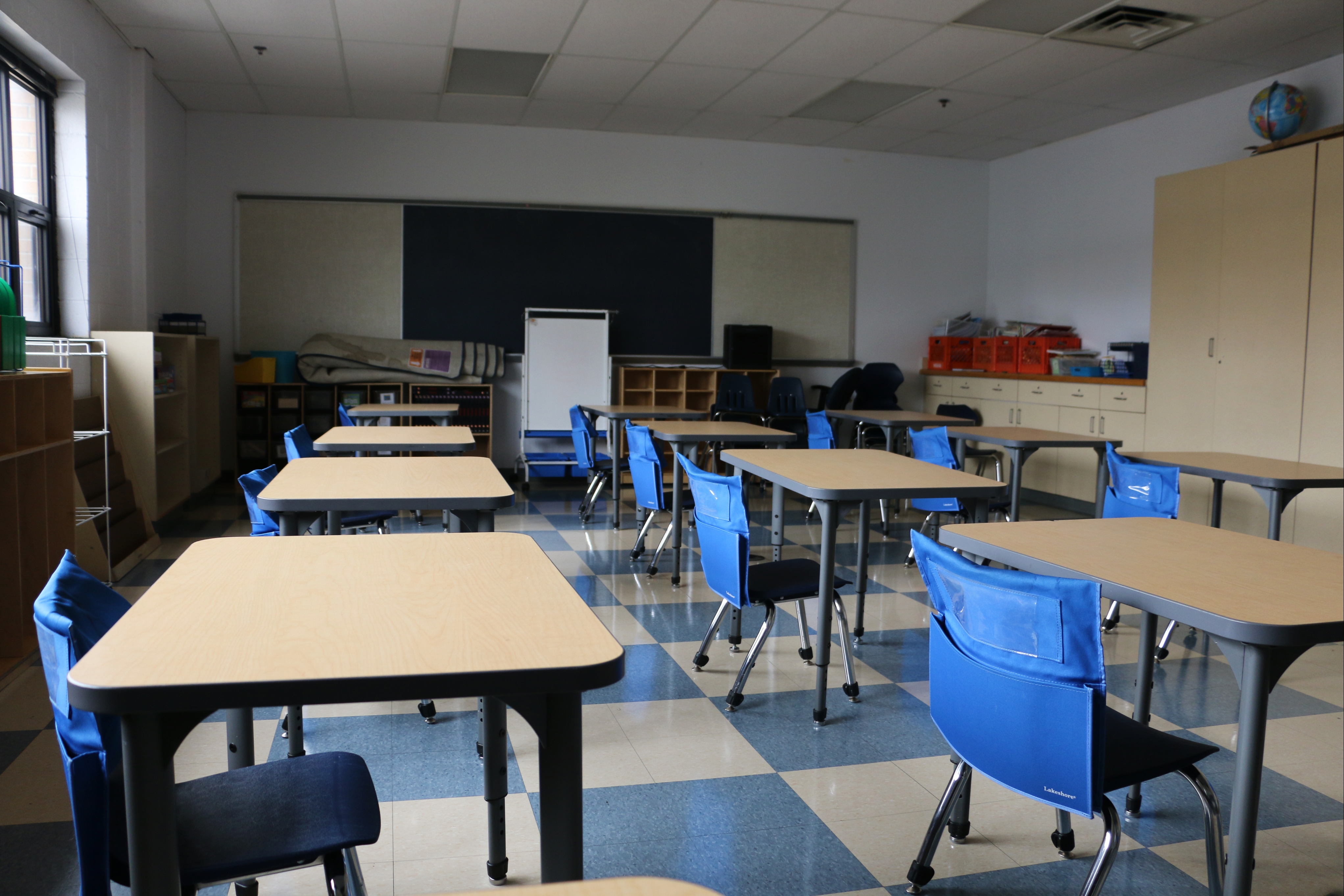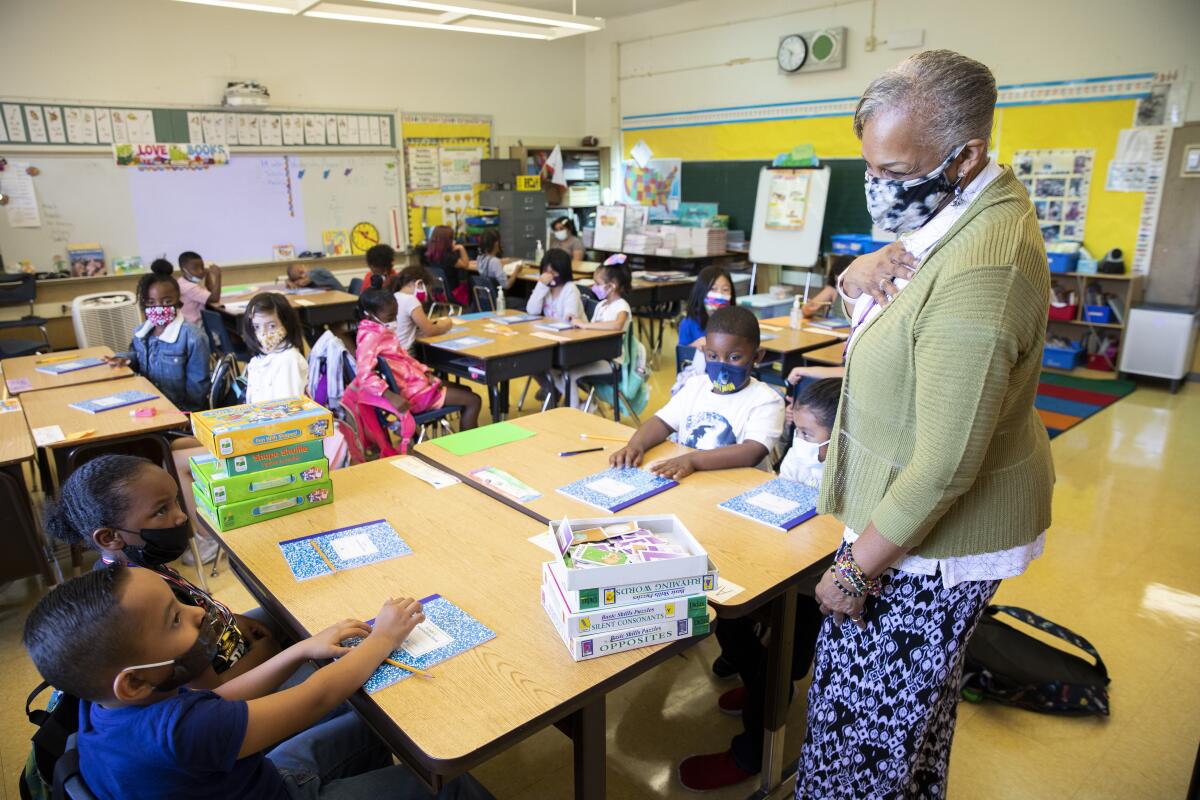Discover the Benefits of Campaigning For: Save Temecula Schools
Discover the Benefits of Campaigning For: Save Temecula Schools
Blog Article
The Influence of Institution Environments on Academic Success and Personal Wellness
The college environment significantly influences both scholastic success and individual health, encompassing components such as physical layout, class environment, and social characteristics. The layout of academic spaces, consisting of natural illumination and ergonomic furniture, can improve trainees' concentration and convenience. In addition, the top quality of teacher-student partnerships and the nature of peer interactions play critical functions in cultivating an ambience for finding out and psychological assistance. Comprehending just how these numerous elements interaction to shape trainee outcomes increases crucial concerns concerning enhancing instructional settings for alternative growth. How can colleges tactically boost these aspects to better sustain their students?
Physical Layout and Style
Exactly how does the physical design and layout of an institution influence scholastic success? The plan and aesthetic of an institution environment can considerably influence pupils' discovering outcomes.
Natural lights and reliable ventilation systems are pivotal in boosting cognitive function and reducing absence. Research studies have revealed that class with ample all-natural light boost student concentration and minimize feelings of sleepiness. Additionally, ergonomic furniture customized to pupils' demands can avoid physical pain, enabling for long term focus and engagement in scholastic activities.
Accessibility to outdoor spaces and visually pleasing environments additionally play a crucial role - Save Temecula Schools. Green spaces and well-maintained college premises offer opportunities for workout and mental relaxation, both of which are necessary for maintaining high degrees of academic efficiency. Essentially, an attentively developed physical environment can offer as a stimulant for academic excellence, promoting an atmosphere that supports both training and understanding
Class Environment
A favorable class environment is fundamental to achieving scholastic success. An environment that fosters a sense of security, inclusivity, and shared regard motivates pupils to engage more proactively in their understanding processes. The setting of a class, including elements such as lighting, sound levels, and seating setups, can substantially impact student concentration and motivation. A well-ventilated, well-lit class with marginal diversions can boost cognitive function and reduce tension, thus promoting far better academic results.
In addition, the class environment need to sustain a society of partnership and open communication. They are more likely to engage deeply with the material and create important thinking abilities when trainees really feel comfortable expressing their concepts and asking inquiries. Peer interactions and team tasks can improve discovering by offering diverse point of views and promoting teamwork
Additionally, developing clear assumptions and consistent regimens can produce an organized setting that enables students to concentrate on their research studies. By lessening unpredictability and giving a foreseeable framework, trainees can much better handle their time and duties. Ultimately, a positive class atmosphere not only improves scholastic efficiency yet additionally adds to the overall well-being of pupils, preparing them for future instructional and personal ventures.
Teacher-Student Relationships
Structure on the significance of a favorable classroom environment, the partnerships in between instructors and pupils play a critical role in shaping scholastic success. A healthy teacher-student relationship cultivates a finding out setting where pupils feel valued, understood, and sustained, which dramatically boosts their motivation and engagement. When students perceive their instructors as approachable and compassionate, they are much more likely to get involved actively in class and look for aid when needed, adding to a deeper understanding of the subject.

Reliable interaction is vital to nurturing these partnerships. Educators that utilize open, respectful, and consistent communication develop a foundation of trust. This trust fund makes it possible for pupils to reveal their concepts and issues freely, promoting a joint discovering setting. Basically, solid teacher-student connections are a foundation of educational success, playing a vital role in both academic achievement and personal development.
Peer Interactions
Peer communications dramatically influence scholastic success by forming a trainee's social and cognitive growth. Within the college atmosphere, peer connections act as a fundamental component for learning and personal growth. Favorable peer communications can boost a pupil's inspiration and engagement in scholastic activities through collaborative learning and shared assistance. When trainees collaborate in group setups, they trade ideas, address issues collectively, and establish critical thinking skills. Such interactions promote a feeling of belonging and neighborhood, which is published here important for psychological health and academic perseverance.

Effective peer interactions also contribute to the advancement of essential life skills, such as communication, dispute, and cooperation resolution. These social competencies are crucial for both scholastic success and individual wellness, emphasizing the relevance of cultivating favorable peer dynamics within the institution setting.
After-school Activities
Involving in after-school activities plays a critical function in a student's scholastic success and personal growth. These activities, ranging from sporting activities teams to discuss clubs, provide pupils possibilities to hone beneficial abilities such as leadership, time monitoring, and teamwork. Research study Click Here consistently suggests that pupils who take part in after-school activities have a tendency to accomplish higher academic performance. This connection is frequently credited to the organized atmosphere and the self-control required to balance both scholastic and extracurricular commitments.
Additionally, extracurricular participation cultivates a feeling of belonging and area, which is necessary for personal well-being. Taking part in team tasks allows trainees to build and reinforce socials media, improving their social and psychological knowledge. These interactions are vital for creating social skills that are helpful in both academic and future expert settings.
Additionally, extracurricular activities offer a useful outlet for students to discover their interests and enthusiasms past the standard educational program. This exploration can cause the discovery of brand-new abilities and possible job paths, better encouraging pupils to involve more deeply in their scholastic work. To conclude, the function of extracurricular tasks prolongs past plain recreation; they are essential to cultivating an alternative instructional experience that advertises both scholastic success and individual development.
Verdict
Attentively developed physical layouts and class, along with positive teacher-student connections and useful peer communications, considerably improve student inspiration and interaction. These components jointly underscore the importance of developing and keeping optimal school settings for the advantage of pupils' scholastic and individual development.
Ultimately, a positive class ambience not just improves academic performance however also adds to the general well-being of trainees, preparing them for future instructional and individual endeavors.

Report this page